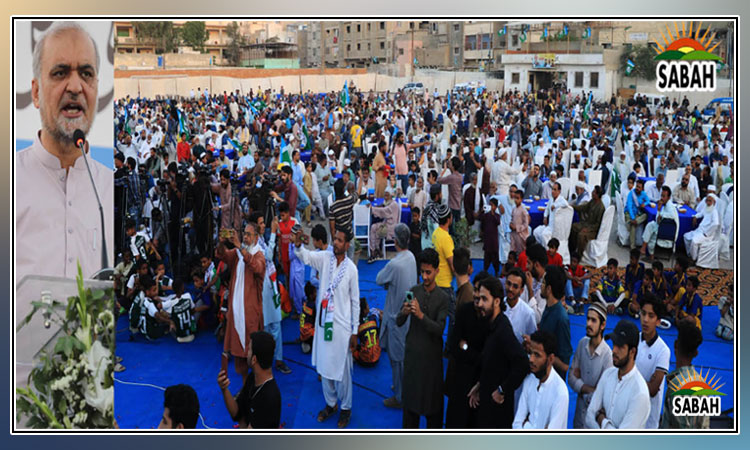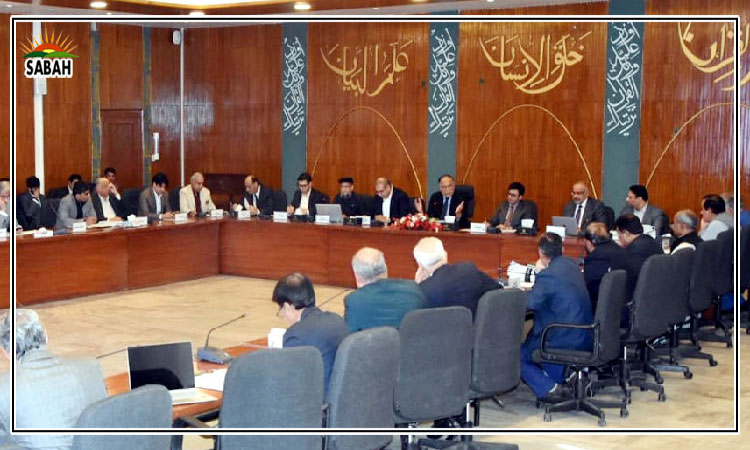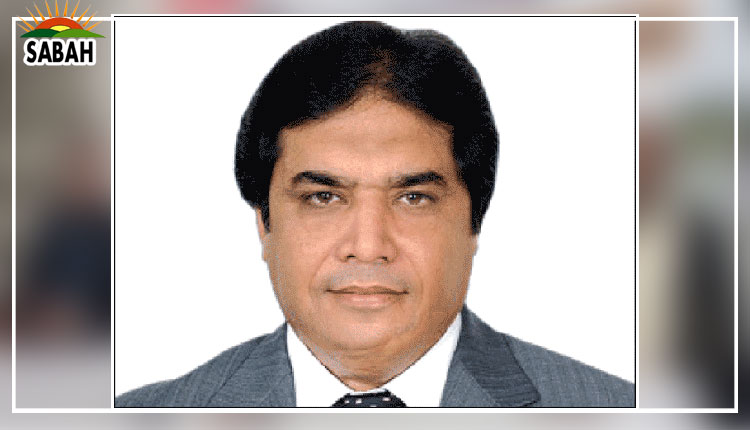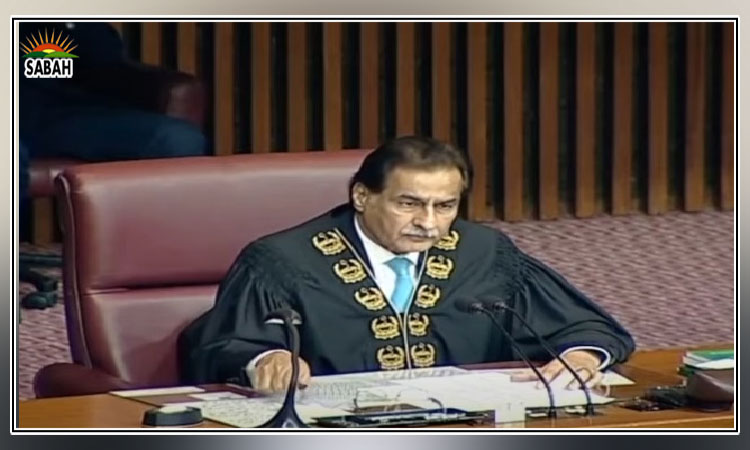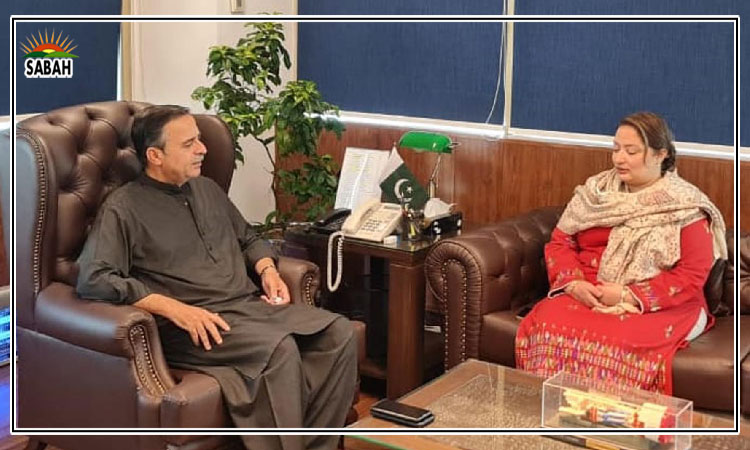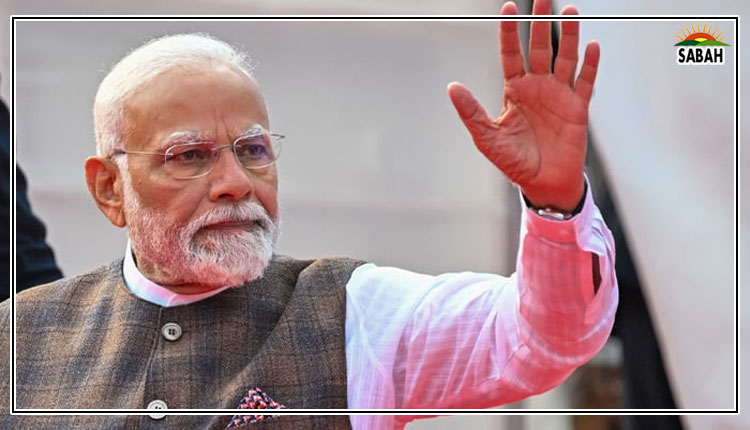Busting saffron terror…Manahil Jaffer
Indias phenomenal rise has amazed the world. Its GDP growth rate averaged around 6-7 per cent annually in the last two decades, making it one of the fastest-growing major economies.
Indias burgeoning economy, demographic dividend, and strategic heft have positioned it on the global stage, in the backdrop of an Asian Century in which India glows significantly. However, alongside this ascendance, whispers of unease are beginning to permeate the halls of international diplomacy.
India’s hyper-assertive foreign policy, often tinged with an undercurrent of Big Brother arrogance, is raising concerns about its regional ambitions and the potential destabilization that may cause to the region. India’s attempts to leverage its economic and military might, often employing coercive tactics and strong-arm diplomacy, are breeding resentment while pushing the smaller states of South Asia into an awkward strategic alignment.
The Indian Ocean Region (IOR) is a strategic chokepoint for global trade. This regional pivot towards a more muscular foreign policy coincides with a heightened emphasis on securing India’s position as the preeminent power in the Indian Ocean. This includes initiatives like Project SAGAR (Security and Growth for All in the Region) and the Indo-Pacific Oceans Initiative (IPOI). Indias defence budget surpassed $70 billion in 2023, fueling its naval modernization efforts. This maritime ambition, however, clashes with China’s Belt and Road Initiative (BRI) and its vision of a Beijing-centric Indian Ocean Order.
Notwithstanding the above, the real concern about India’s assertive foreign policy is its growing tolerance for covert operations and extrajudicial killings, particularly targeting dissenting voices. Human Rights Watch, Amnesty International, and the UN Human Rights Council have expressed concern about these extrajudicial killings, urging India to conduct impartial investigations and uphold international human rights norms.
Per Human Rights Watch, The allegations of Indian involvement in extrajudicial killings are deeply disturbing and raise serious concerns about India’s commitment to human rights and the rule of law.
The recent cases of Indian involvement in the targeted assassinations on foreign soil including Canada, the UK, US, and now Pakistan cast a dark shadow over Indias global image. The lack of transparency and accountability surrounding these extrajudicial killings further erodes trust in Indias commitment to rule of law, both domestically and internationally.
The startling revelations by Canadian PM Justin Trudeau, the US Department of Justices indictment, coverage of the slow poisoning case of a renowned Sikh leader by the mainstream British press, and explosive details from the Foreign Office of Pakistan, prove that Indian intelligence is involved in rogue/ terror operations beyond its border with criminal impunity. The cold-blooded murder of Pakistani citizens Riaz Ahmed and Maulana Shahid Latif is highly condemnable.
The pattern of targeting dissenting voices is more pronounced in the case of the Sikh community and raises concerns about religious bias within India’s security apparatus. In 2023, Canadian Prime Minister Justin Trudeau accused India of being involved in the assassination of a Sikh activist on Canadian soil. The US Department of Justice also charged an Indian official with attempting to hire a hitman to kill a Sikh activist in New York City. This perception is further amplified by the increasing Hindu nationalism within India’s democratic landscape.
The implications of such actions extend beyond the immediate victims and their communities. They create an environment of fear and uncertainty for all minorities within India, potentially hindering social cohesion and undermining the country’s democratic fabric According to the National Crime Records Bureau of India, hate crimes against Sikhs increased by 82 per cent between 2014 and 2019. This data suggests a worrying trend of rising intolerance towards the community.
The international community cannot afford to be a mere spectator to this geopolitical circus playing out at the behest of India. The United Nations High Commissioner for Human Rights stated, “The international community has a responsibility to speak up against human rights violations and promote tolerance and understanding. We cannot turn a blind eye to what is happening in India.”
India, for its part, must recalibrate its strategic calculus. Unalloyed pursuit of regional hegemony will only lead to isolation and instability. Instead, India should embrace a cooperative approach, prioritizing regional development and shared security over narrow self-interest. The world watches with bated breath as India grapples with its newfound power. Its success or failure will have profound implications for the future of South Asia and beyond. Whether it chooses the path of a domineering hegemon or a collaborative leader will determine if the Asian Century blossoms into a beacon of prosperity or descends into a quagmire of geopolitical chaos. The choice, ultimately, lies with India.
Courtesy The News


